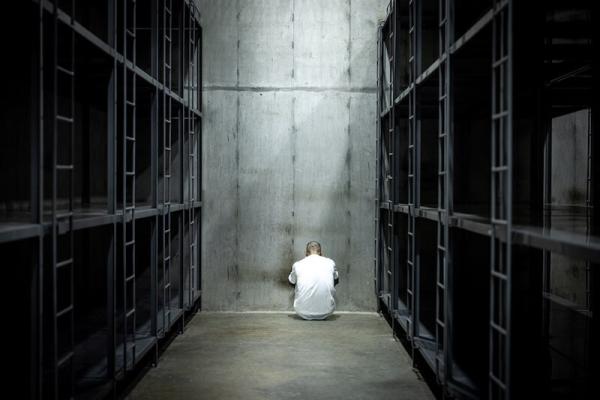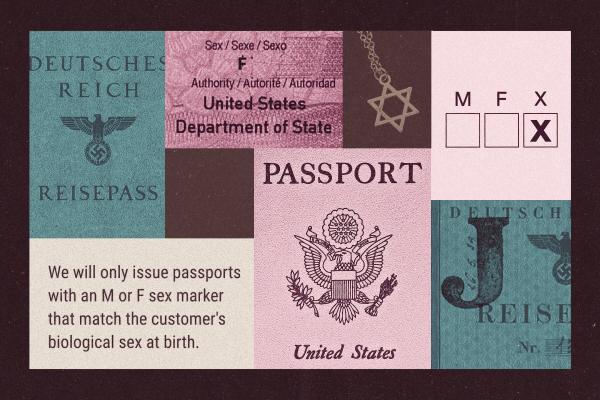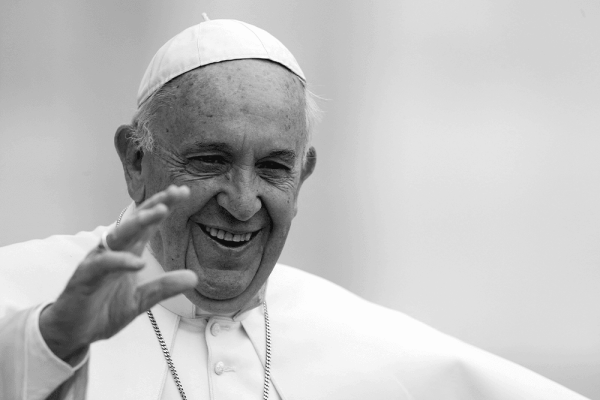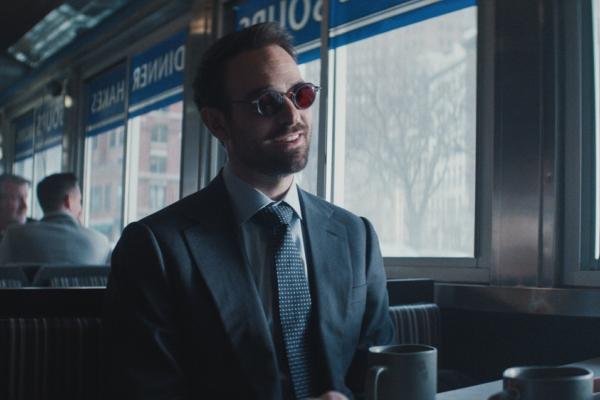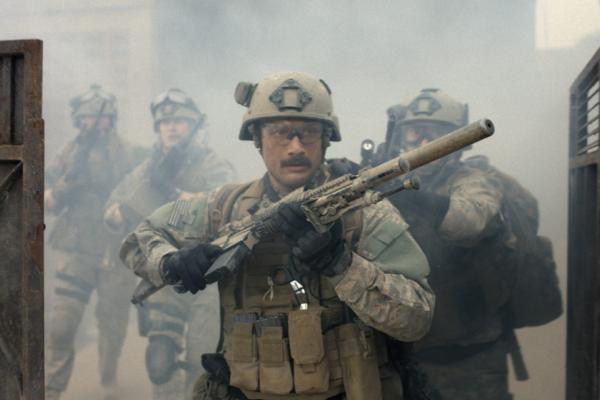When I was growing up in the 1990s, The New York Times reported that Minneapolis had earned the nickname “Murderapolis.” As the city's residents told the Times, they believed the growing murder rate was due to drug dealers or newcomers who “come here for the welfare” and "bring all their problems with them. I grew up in Maple Grove, a suburb surrounded by cornfields and gravel pits, bordered by two more suburbs, Brooklyn Park and Brooklyn Center, to the west.
My young mind couldn't comprehend nuance then. Later on, I worked for a congressman and was shocked to see he lived in Minneapolis, which I thought of as only downtown office buildings or neighborhoods full of small, older, run-down homes. I didn't know then how close extreme wealth and poverty lived to each other, how one made the other possible.
As a kid riding the church van to Brooklyn Center Community Center, I didn’t see how the world around me was changing all the time: how Brooklyn Park and Brooklyn Center were rapidly becoming Black and brown suburbs while my neighborhood, Maple Grove, was increasingly filled with shopping centers, restaurants, and new schools for upper-to-middle-class white people
Back then, when people talked about “good schools” and “good neighborhoods,” I didn't realize we were talking about racism and redlining. When a D.A.R.E. officer visited my school to teach us about drugs, I didn't realize on the other side of my school district, Black parents were having “the talk” with their kids about how to behave during a routine traffic stop.
Since then, I've been pulled over a number of times in Minnesota. One time, I'm embarrassed to say, I didn't have my license with me, and the officer took my word for it and gave me a small ticket for something else. The police officer showed me grace.
Christians talk a lot about grace but we don't seem to have the same grace for everyone in the U.S. I’ve heard people say they feel sick for former Brooklyn Center police officer, Kim Potter, who despite serving 26 years on the police force, claimed she grabbed her gun by mistake, killing Daunte Wright just 2.5 miles from the Brooklyn Center Community Center where I went with my church youth group as a kid. Potter seems to automatically receive a lot of grace from the same people who say if Wright had just followed instructions, he would still be alive. He shouldn't have “resisted arrest,” “he shouldn't have had a lapsed car registration.” In a lot of conversations among white U.S. Christians, Daunte Wright gets very little grace.
When I grew up, I thought all it took to succeed in the U.S. was hard work and doing the right thing. I didn't see the layers of inequity that my whiteness rendered invisible, making it easy for me to point to individual decisions and believe someone's misfortune was somehow their fault. Surely, I had nothing to do with racism in Minnesota — even when I heard people in my hometown call Brooklyn Park “Brooklyn Dark.”
I learned about slavery and the Civil War, the underground railroad, abolitionism, and the civil rights movement in school and at church, and I assumed that because I grew up in a northern state, and my ancestors weren't Confederates, that I could somehow situate myself on the “right” side of U.S. history. Of course, I was ignoring the fact my ancestors killed and displaced Indigenous people in Minnesota. Realizing these truths about my own family story was a revelation to me.
I believe that part of grace is the ongoing experience of revelation. Sometimes growing in God’s grace resembles fumbling around in a dark and shadowy room, unable to decipher what is right in front of our eyes. I have often felt this way over the past five years or so.
Revelation can require going through bouts of confusion, sitting in the shadows of uncertainty, and then eventually seeing what you once did not see. Now, when I see video of teargassed protestors, or broken windows and boarded-up storefronts, or protesters with milk on their faces, I remember praying on my knees with area clergy in South Minneapolis for justice, truth, and peace. I remember the patience, wisdom, and unbelievable grace I heard in prayers from Brooklyn Center clergy this week, standing and bowing our heads at the site where Daunte Wright was killed. For every moment of chaos they showed on TV, there was a precipitating violence.
And for every window broken, there were community members standing together and picking up the pieces. The status quo of racism benefits from a story that says violence begins on the side of the oppressed. The tear gas and flash bombs tell a narrative of chaos and violence. But whose violence do we notice? Who do we hold responsible? Who gets grace and forgiveness? Who is the threat? Ask yourself these questions and then perhaps you will experience a surprising revelation that will lead you to act with the grace of God.
I cannot see with anyone else's eyes. But with humility and grace, I can begin to chop down the logs in my own. In Minnesota, white people in the U.S. are seeing how Black citizens have lived for so long.
Just as the rain falls and the sun shines upon us all, no matter who we are, so too are we all inextricably connected in the human family. Before we can see the truth of our country’s racist past and present, white people in the U.S. need to become comfortable looking at ourselves in the mirror, and opening our hearts to seeing God’s revelations about ourselves and our own stories. When we admit to the racism in our own life story, only then can we begin to change and learn how to offer grace to a world desperately in need of it.
Got something to say about what you're reading? We value your feedback!


